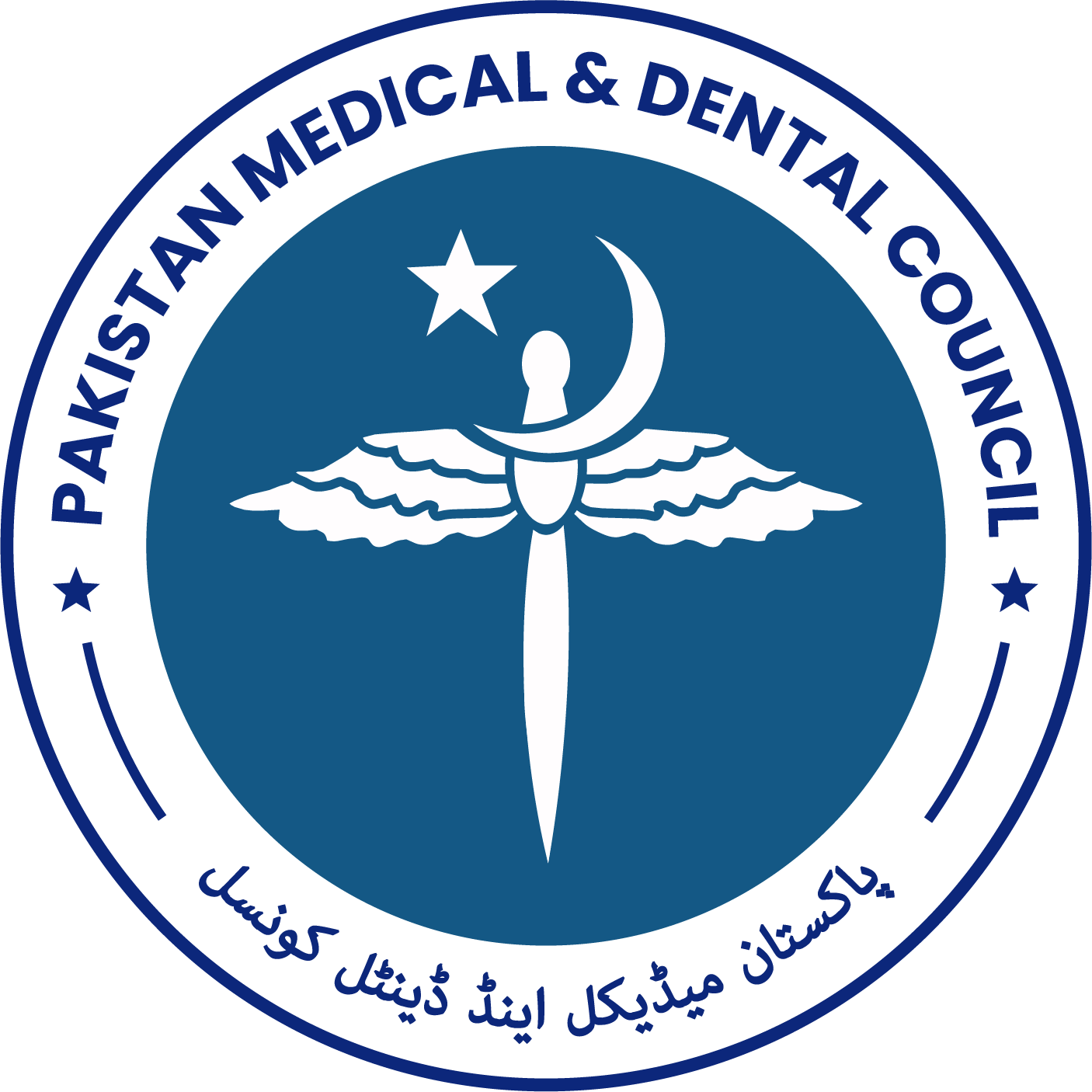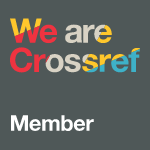Culture, Sexuality and Indigenous Healing in Pakistan: Exploring Sexual Health Care through Hakeems and Herbalists
Culture, Sexuality and Indigenous Healing in Pakistan
Abstract
Objective: This paper aims to understand the relationship between sexuality, culture, and male sexual health through the role of hakeems as an indigenous healing framework in Pakistan.
Study Design: Participant observation (by first author) and personal practice (by second author).
Place and Duration of Study: At a matab where second author practices hikmat is located in Islamabad. The fieldwork in the form of collaborative learning has been going on since September 2019 to date.
Materials and Methods: This research is based on the participant observation at the matab where people come to seek herbal medicine and consultancy from the hakeem. Narrative account of anthropologist and practice of certified hakeem, through an interactive exchange of ideas about questions of the study, was employed. The study has taken information in the form of semi-structured interviews from the patients who either gave consent or asked to remain anonymous.
Results: Results have shown that the nature of the relation between sexuality and cultural order have compelled people to seek hikmat as indigenous healing on a long-term basis. The framework of indigenous healers has helped to understand the cultural logic of sexuality, which is embedded more closely in the practice of hakeems than the biomedical regime.
Conclusion: Cultural competence, in this case the same cultural background of the hakeem and patients, adds to our understanding of the indigenous healing framework, sexuality, and culture.
References
Kleinman A, Sung LH. Why do indigenous practitioners successfully heal? Soc Sci & Med. 1979; 13: 7–26.
Weeks J. Sex, Politics and Society: The Regulation of Sexuality Since 1800. 3rd edition. London ; New York: Routledge; 2014.
Foucault M. We “other Victorians.” In: Rabinow P, editor. The Foucault Reader. Harmondsworth: Peregrine; 1986; p: 292–300.
Kimmel MS, Plante RF. Introduction to Sexualities. In: Kimmel MS, Plante RF, editors. Sexualities: Identities, Behaviors and Society. New York: Oxford University Press; 2004. p. xi–xvi.
Godelier M. What is a sexual act? Anthropological Theory. 2003; 3: 179–98.
Winkelman M. Culture and Health: Applying Medical Anthropology. San Francisco: Jossey-Bass; 2009.
Javaid A. Reconciling an irreconcilable past: Sexuality, autoethnography, and reflecting on the stigmatization of the 'unspoken.' Sexualities. 2019; p: 1–29.
Lyon W. Competing Doctors, Unequal Patients: Stratified Medicine in Lahore. In: Donnan H, Werbner P, editors. Economy and Culture in Pakistan: Migrants and Cities in a Muslim Society. New York: Palgrave Macmillan. 1991; p: 143–62.
Wentzell E, Inhorn MC. Maculitites: The Male Reproductive Body. In: Mascia-Lees FE, editor. A Companion to the Anthropology of the Body and Embodiment. West Sussex: Wiley-Blackwell; 2011; p: 307–19.
Lock M. Cultivating the Body: Anthropology and Epistemologies of Bodily Practice and Knowledge. Annu Rev Anthropol. 1993; 22: 133–55.
Wiederman MW. Sexual Script Theory: Past, Present, and Future. In: DeLameter J, Plante RF, editors. Handbook of the Sociology of Sexualities. New York: Springer; 2015.
Zilbergeld, Bernie. 1999. The New Male Sexuality, Revised Edition. Revised, Subsequent edition. New York: Bantam. 13. Malinowski B. The Sexual Life of Savages: In North-Western Melanesia. 3rd edition. London: George Routledge and Sons; 1932.
Sutton MJ, Brown JD, Wilson KM, Klein JD. Shaking the Tree of Knowledge for Forbidden Fruit: Where Adolescents Learn About Sexuality and Contraception. In: Brown JD, Steele JR, Walsh-Childers K, editors. Sexual Teens, Sexual Media: Investigating Media's Influence on Adolescent Sexuality. Mahwah, New Jersy: Lawrence Erlbaum Associates; 2002; p: 25–58.
Amuchástegui A. Researcher Bias in the Field of Sexuality and Reproductive Health. In: Zeidenstein S, Moore K, editors. Learning about Sexuality: A Practical Beginning. New York: The Population Council, Inc. 1996; p: 86–97.















